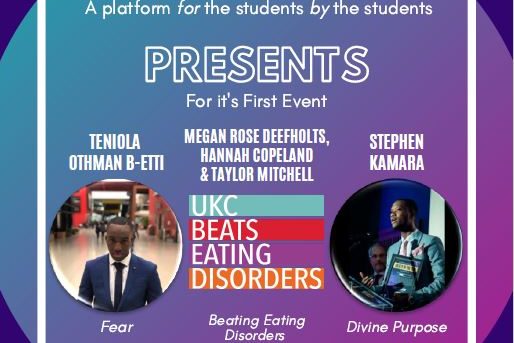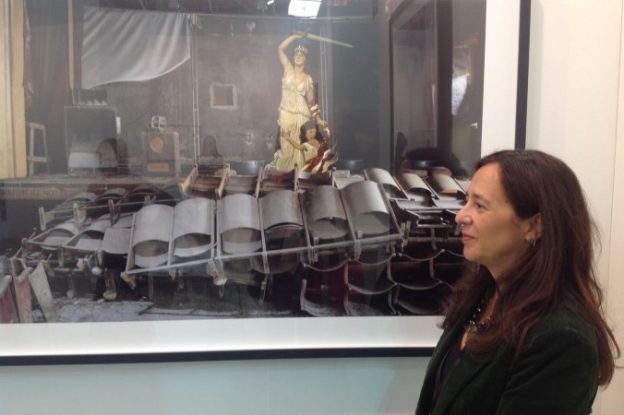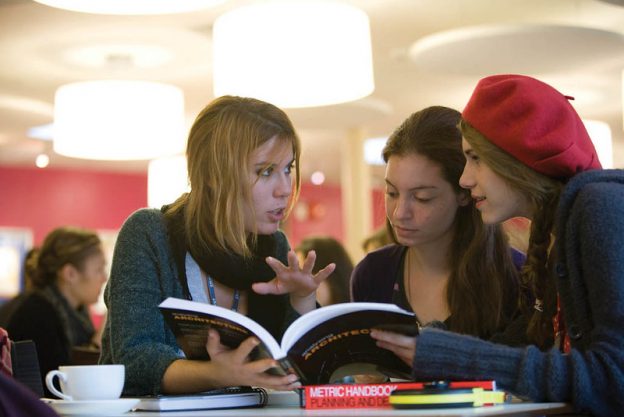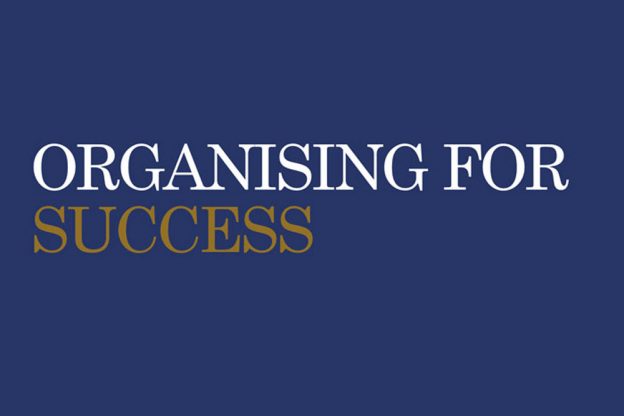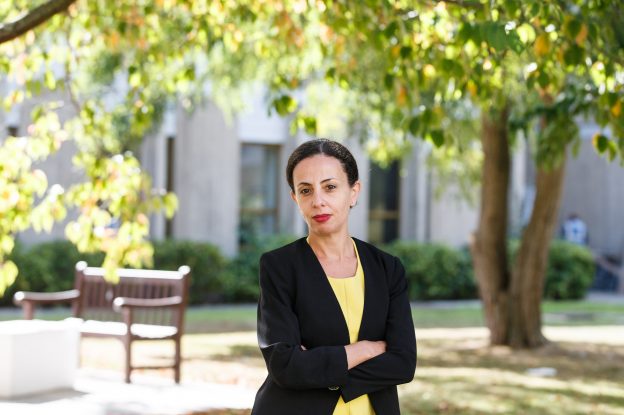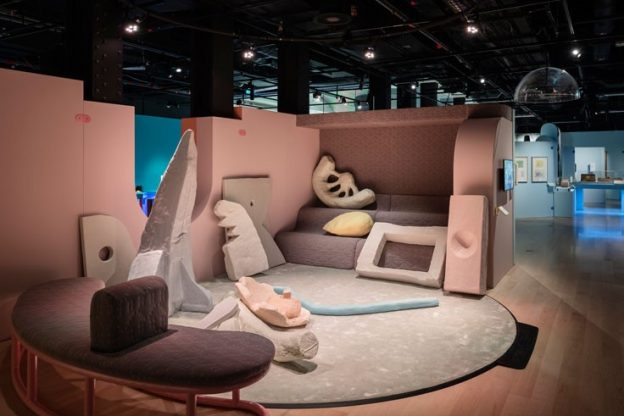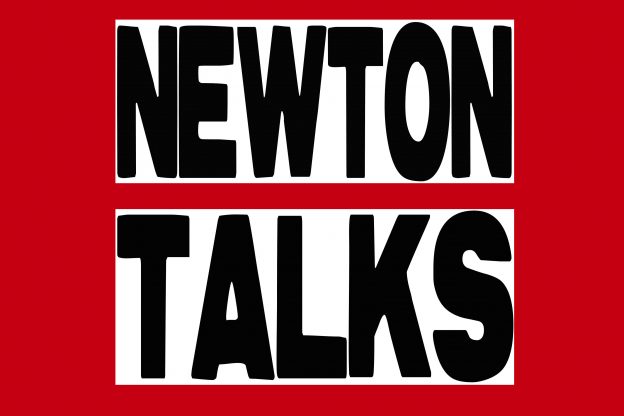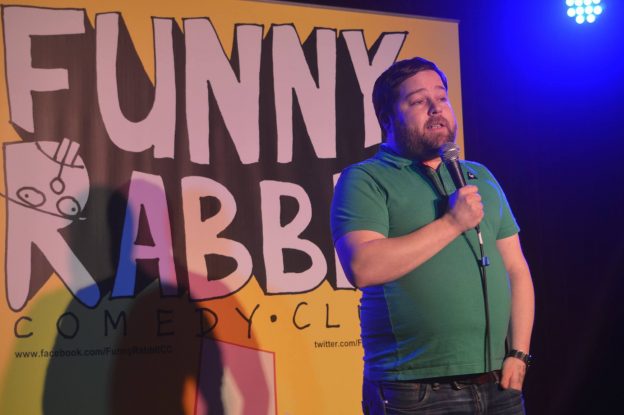To mark the launch of the new ‘Postcolonial Europe Group’, there will be an all-day symposium on the 2nd of November 2019 at the University of Kent, with contributions from scholars, activists and artists from the UK, Netherlands, Denmark, Italy, and Malta.
At a time when Europe is being questioned culturally and politically, there is a need to re-think its significance. Adopting a postcolonial lens, this event will bring into the spotlight a different map of Europe that is not solely shaped by its colonial legacy but also by different dynamics of subalternity, conditions of un/belonging, cultural, economic and geographical displacement.
The event will bring disciplines and fields together to re-think critically and creatively the significance of Europe. It will focus particularly on a number of contested conjunctural spaces: from Europe’s Southern frontiers to its inner cities. The interventions will be followed by a round table discussion centred on the objectives of the network, and a talk by artist Agnese Purgatorio.
Speakers include:
Professor Lars Jensen (Roskilde University): ‘Writing Postcolonial Europe’
Professor Sandra Ponzanesi (Utrecht University): ‘Phantoms of Europe: Intellectual Legacies and Cultural Transitions in Postcolonial Europe’
Dr Norbert Bugeja (University of Malta): ‘The Edge(s) of Memoir in an Ageing Europe: Postcolonial Notes’
Professor Miguel Mellino (Università degli Studi di Napoli L’Orientale): ‘Policing The Refugee Crisis: Neoliberalism between Biopolitics and Necropolitics’
Dr Paula McCloskey (University of Derby) and Dr Sam Vardy (Sheffield Hallam University): ‘The Eile Project; a place, of their own’
Dr Maria Ridda (University of Kent): ‘Remaking Europe from its Lawless Frontiers’
Agnese Purgatorio (artist, Podbiesky Contemporary, Milan): ‘The Immobile Nomad’
Register here. The event is free but places are strictly limited and will be allocated on a first-come first-served basis.

